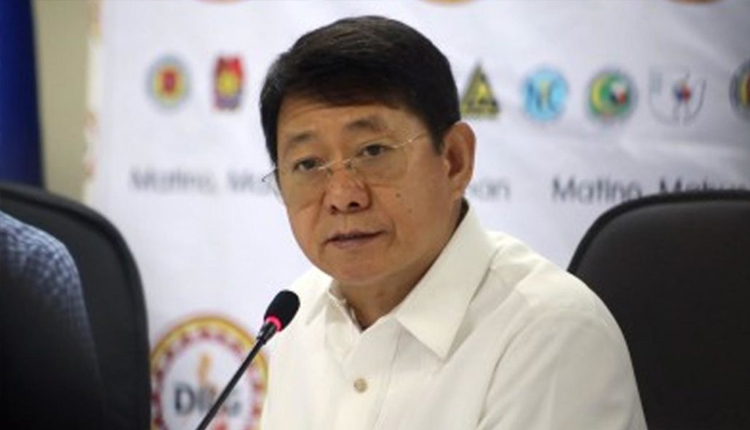DILG flags non-compliant LGUs on IP representation
DEPARTMENT of Interior and Local Government (DILG) secretary, Eduardo M. Año, warned some 67 local government units (LGUs), who have failed to comply with the mandate of RA 8371 (Indigenous People’s Rights Act, IPRA) for the mandatory allocation of IP representatives (IPMRs) in “sanggunians” at all levels of the executive branch.
The DILG secretary issued the directive upon receiving a letter from NCIP Chairperson Allen Capuyan, providing the department a list of the 67 LGUs with issues on the acceptance of IPMRs (Indigenous People Mandatory Representatives) as well as a list of 530 other LGUs that are qualified for IPMR representation but still do not have IPMRs.
In his letter, Capuyan said that while the number of LGUs with issues on IP representation have decreased, he hopes that resistance to IP representation will become “a thing of the past” and the IPRA law will be fully implemented.
The list provided by Capuyan covers 2 provinces, 14 municipalities, and 51 barangays.
In a statement on April 28, 2022, Año said he is giving non-compliant LGUs until May 5, 2022 to “submit an explanation on why they have disregarded the provisions of the law and the appropriate actions that they are undertaking to ensure that the IPMRs are given a seat in the local legislative councils.”
“Ang mga karapatan ng mga IP ay nasa batas at dapat nating sundin ang batas. Sila ay bahagi ng ating kasaysayan at kultura. Dapat natin silang hayaang lumahok sa ating mga gawaing pangkomunidad at pakinggan ang kanilang panig sa mga usaping pang-LGU,” Año stressed.
Section 16 of the IPRA states that “the State shall ensure that the ICCs/IPs shall be given mandatory representation in policy-making bodies and other local legislative councils.”
IP representation is also mandated by National Commission on Indigenous Peoples (NCIP) Administrative Order 2021-01, which amends NCIP AO 2018-03 or the Revised National Guidelines for the Mandatory Representation of Indigenous Peoples in Local Councils and Policy-making Bodies.
Among the excuses by the LGUs for not following the law include, “no fund allocation for salaries of IPMR and non-recognition of IPMRs by higher levels of LGUs.”
IPMR duties and benefits
As members of local legislative councils and policymaking bodies, IPMRs are expected to carry out at all times the collective interests and aspirations of the indigenous cultural community (ICC).
In consultation with the IP leaders/elders or the entire community, they are also tasked to formulate the IP agenda and source financial support for the implementation of the IP agenda.
Moreover, IPMRs sponsor ordinances and resolutions and conduct committee hearings that will promote and protect the well-being and interests of the community and their inclusion to the LGU annual budget and projects.
They also coordinate with the NCIP on the implementation of programs and projects, and the conduct of IP census in their area of responsibilities during the first year of their term.
In return, IPMRs receive compensation, benefits and other emoluments similar to those of the regular members of legislative bodies upon the enactment of an ordinance providing for the appropriation of funds for their salaries and other emoluments.



